Books By Newest
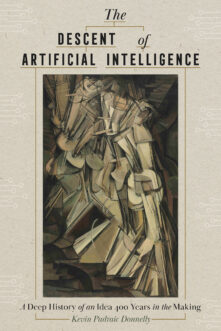
The Descent of Artificial Intelligence
A Deep History of an Idea Four Hundred Years in the Making
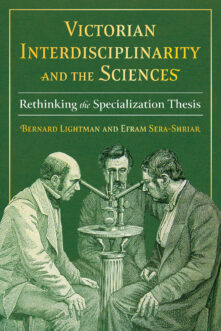
Victorian Interdisciplinarity and the Sciences
Rethinking the Specialization Thesis
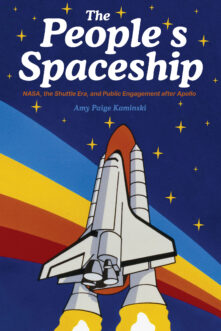
The People’s Spaceship
NASA, the Shuttle Era, and Public Engagement after Apollo
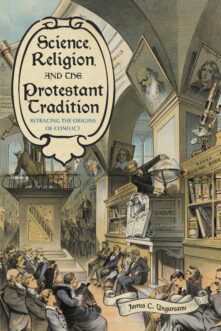
Science, Religion, and the Protestant Tradition
Retracing the Origins of Conflict
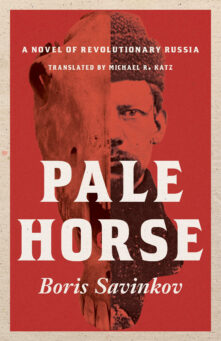
Pale Horse
A Novel of Revolutionary Russia
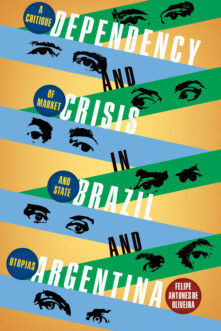
Dependency and Crisis in Brazil and Argentina
A Critique of Market and State Utopias
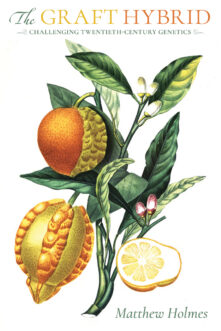
The Graft Hybrid
Challenging Twentieth-Century Genetics
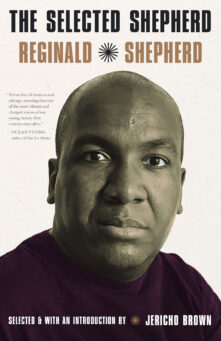
The Selected Shepherd
Poems
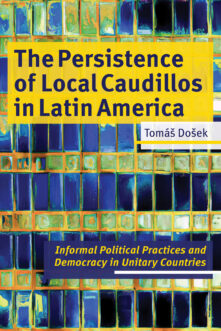
The Persistence of Local Caudillos in Latin America
Informal Political Practices and Democracy in Unitary Countries
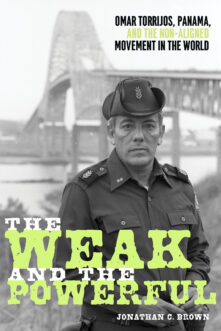
The Weak and the Powerful
Omar Torrijos, Panama, and the Non-Aligned Movement in the World
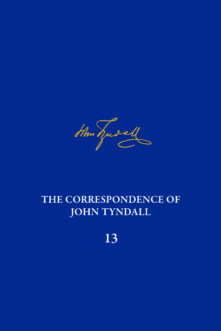
The Correspondence of John Tyndall, Volume 13
The Correspondence, June 1872–September 1873
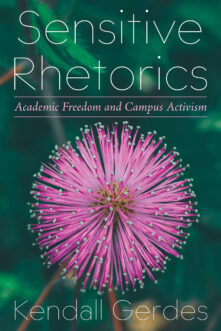
Sensitive Rhetorics
Academic Freedom and Campus Activism
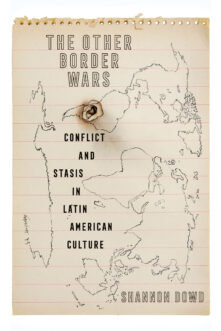
The Other Border Wars
Conflict and Stasis in Latin American Culture
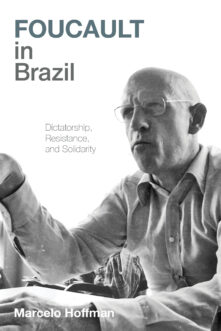
Foucault in Brazil
Dictatorship, Resistance, and Solidarity
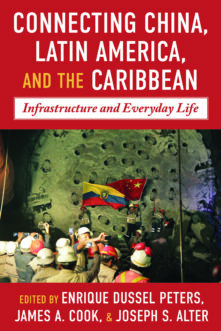
Connecting China, Latin America, and the Caribbean
Infrastructure and Everyday Life
Total 1554 results found.

